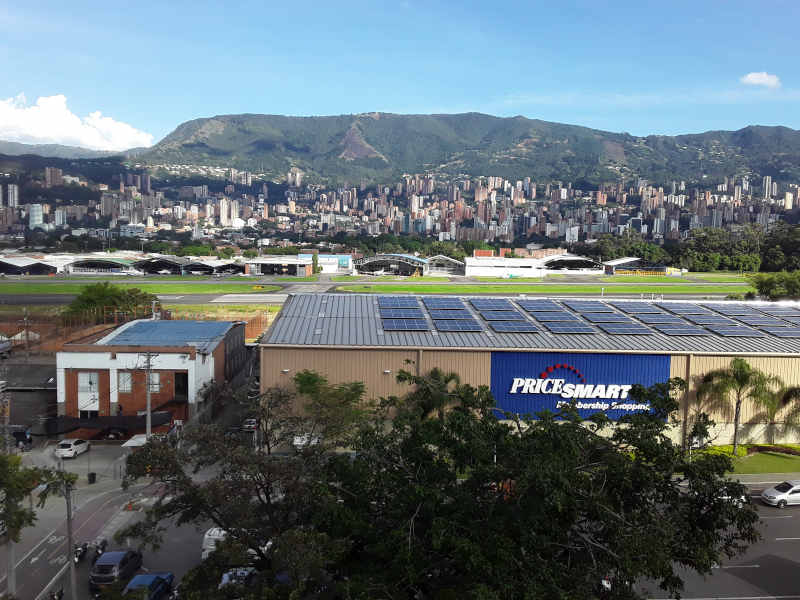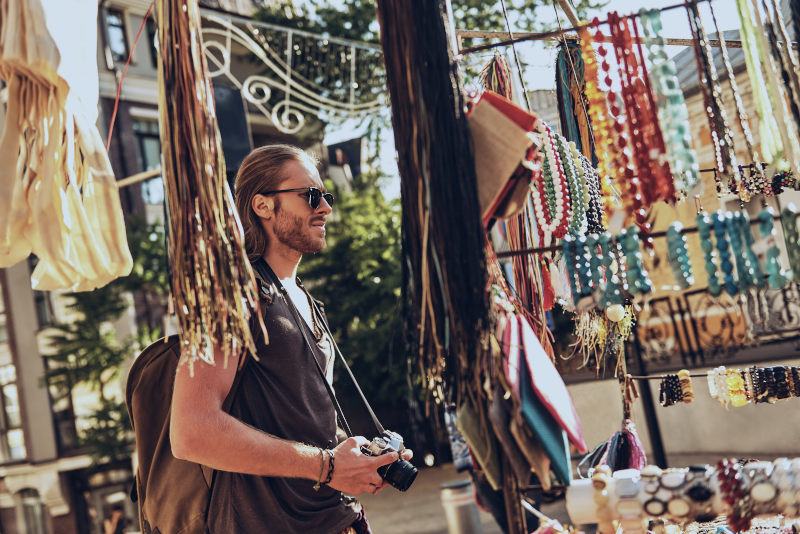While many other writers wax eloquent on the beauty of Colombia’s natural environment, its rich culture and picturesque pueblos, all of which I do as well, I also go through the motions bringing you the mundane details of everyday life here, thinking this might help you get settled here. If you’re a tourist, some of this might still come in handy. On this occasion, let’s look at the big department stores…
Falabella: Multi-floor department stores anchoring many major malls. Prices tend to be higher but the stores are not necessarily luxury oriented. Think of Corte Inglés, Macy’s or Marks & Spencer. Owned by a Chilean consortium. Not for groceries.
Exito: Think Walmart, Tesco or Target. Everything including groceries. Often an anchor store in a mall but also can be standalone. Owned by French consortium Casino.
Jumbo: Similar to exito. The same you may be familiar with in France. Used to be Carrefour. Owned by Chilean Cencosud. In shopping malls or standalone.
Flamingo: The poorer cousin to Falabella. Usually multi-floor stores in malls, though not nearly as many stores as its competitors. Colombian owned. Not for groceries.
Price Smart:Think Costco, because it is Costco! Requires a membership as you would expect. Currently has 9 stores in Colombia. Everything in bulk from underwear to arepas!
Panamericana: books, electronics, office and school supplies. The bigger stores may have an ample English book section, though you can expect to pay more than in Anywhere, USA. Colombian owned.
Home Sentry: Don’t be fooled by the patriotic logo – it’s a 100% Colombian owned chain of stores. Hardware, furniture, everything for the home.
Alkosto / Alkomprar: Consumer electronics. Colombian owned and the 3rdlargest retailer in the country.
Homecenter: Hardware and home furnishings. Owned by the same Chilean consortium as Falabella.
TIPS:
- It should be safe to use your foreign credit cards in any of the above, but always specify “cobrame en pesos por favor” (charge me in pesos, please) in case their default is to charge you in your home currency, which will translate into a not so good exchange rate.
- All of these stores will deliver, though most often for an extra fee. Combining items could save on those fees.
- Some have loyalty points systems which invariably require that you have a cédula de extranjeria at the very least. As you probably know, tracking customers’ purchasing patterns is valuable information and your data could be sold to 3rd parties. Know that Colombia requires that you file an income tax return if you spend more than 50 million pesos annually, but I have no idea if the DIAN (Colombia’s tax dept.) has access to your data and won’t speculate about it!
- Many of these merchants have websites where you can order stuff and get it delivered, but it may be impossible to use foreign credit cards as they only allow you to enter a Colombian address and cédula number, information which when used to verify your credit card will of course fail. Also, be wary of sites that don’t clearly indicate who actually provides and ships the merchandise. Exito differientates themselves from resellers but in my past experience, Falabella doesn’t and has thousands of complaints of paid for yet never delivered goods on its Facebook page.
- Colombians give out their cédula number to anybody who asks, and while the number itself isn’t useful (except for metadata), once it’s collated with your other data it can become a security concern. They will usually ask for your cédula under the pretext of the aforementioned loyalty programs but also for product warranties. I eschew giving it out, but whether you do or not is entirely your choice. Almost any store will allow you to return merchandise with just the bill of sale, incidentally, though they’ll most likely direct you to their customer service desk.
Happy Shopping!


